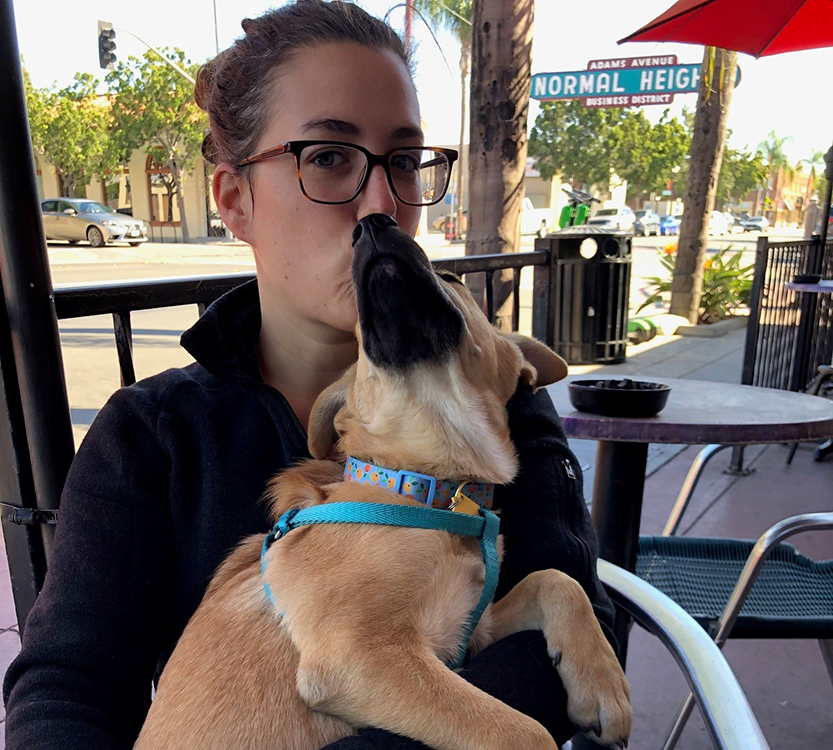How Dania Tonelli Swapped Snow for Sunshine and Grew Her Career Along the Way
FEATURED POSTS
January 12, 2026
She wanted a change. LEARN made it possible
Dania Tonelli had spent her whole life in Massachusetts. She grew up there, went to college and grad school there, and started her career there, too.
But after years of New England winters and the same familiar routine, she was ready for something different.
“I’d just been there a long time,” she says. “I was ready for something new.”
She had always loved visiting California and narrowed her options to two places: the Bay Area or San Diego. After a quick scouting trip, San Diego won out.
“I knew I wanted to keep working with LEARN, I just wasn’t sure if it was possible,” she says. “But I talked to my clinical director, and she reached out. Even though there wasn’t a job posted, the team out here said yes. They told me to come anyway.”
A long drive and a smooth landing

Dania packed her car, took a few weeks off, and drove across the country. She stopped at as many national parks as she could along the way.
“I used my PTO to take time off, which was so helpful,” she says. “When I got here, everything was seamless. My insurance, logins, and systems all transferred. I was able to pick up right where I left off.”
The San Diego team created a temporary spot for her until she could take over a full caseload. A clinician was about to go on maternity leave, so the timing worked out well.
Career growth and a new lifestyle
Since the move, Dania has been promoted twice. She started as a behavior analyst and is now the center director for AST’s San Marcos and Poway locations.
“There were just more opportunities out here,” she says. “And I’ve learned from so many different people. That helped me grow a lot.”
The move also gave her room to explore personal passions. Dania is active in animal rescue and has fostered more than a dozen dogs since settling in Southern California.
“I think I’m on my 15th foster dog now,” she says. “This lifestyle really lets me do more of the things I love.”
A team that shows up for each other
From day one, Dania says she felt welcomed. Coworkers helped her adjust and made sure she understood new systems and processes.
“We have a group text where anyone can ask for help,” she says. “People always jump in, even if it’s not their job. Everyone is focused on helping the kids, supporting each other, and making things work.”
She also got to shadow parts of the BT training, which helped her understand how services were delivered in her new region.
Why she encourages others to transfer
Dania has been with LEARN since 2017 and is quick to support team members who want to move.
“I always check the job site for them,” she says. “It’s such a relief to know you can move and still have a job, a team, and a path forward.”
She says transferring is one of the best ways to grow both professionally and personally.
“You don’t lose progress,” she says. “You just keep going.”
LEARN Behavioral’s nationwide network offers flexibility for employees to continue their careers across state lines. Dania’s story is just one example of what’s possible with thoughtful planning and a strong support system.
Want to learn more about internal transfers and job opportunities within LEARN Behavioral? Visit LEARN’s careers page to explore current openings across the country.











